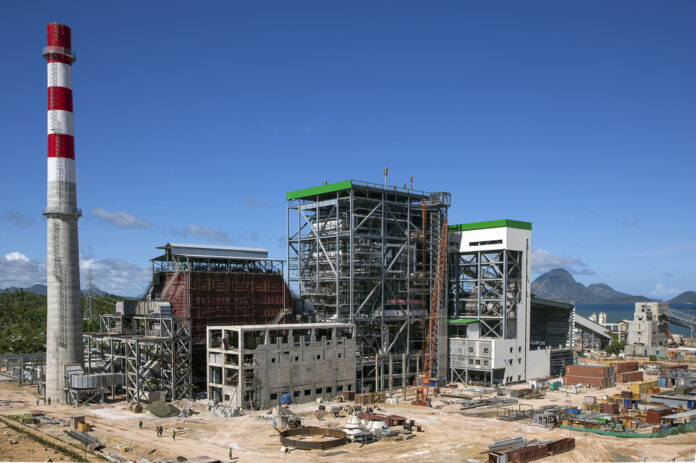The Department of Energy (DOE) is calling on insurance providers to offer more reasonable premium rates for coal-fired power plants, warning that disproportionate insurance costs threaten the operational stability of power sources crucial to the national energy mix.
Energy Secretary Raphael Lotilla, during a briefing in Taguig, said power plant operators report steep insurance premium adjustments and even outright coverage refusals from insurers. This, Lotilla said, poses a challenge for critically needed coal plants as the country transitions to renewable power sources.
“Coal-fired power plants in the Philippines are part of the transition story,” Lotilla explained, noting that many existing plants continue to operate under the exception to the 2020 moratorium on new coal developments. These facilities, though not aligned with future green energy goals, remain essential for maintaining energy reliability and supply consistency.
While the DOE supports the shift toward renewable energy—targeting a 35 percent share of the energy mix from renewables by 2030 and 50 percent by 2040—coal accounts for 42.7 percent of installed power capacity. Lotilla stressed that financial and insurance institutions need to recognize this reality and provide support accordingly.
The DOE previously clarified that existing and committed coal projects still qualify for funding, in line with regulatory guidance from the Bangko Sentral ng Pilipinas on sustainable finance. Lotilla emphasized that fair insurance pricing is equally critical to ensure continued power sector resilience during the transition phase.
With 13,036 MW of coal capacity still powering the grid, the DOE chief warns that failure to reasonably price insurance premiums could compromise both investor confidence and energy security, underscoring the commercial and economic stakes at hand.







